In partnership with the Ministry of Health, we run two screening clinics for breast and cervical cancer in Sokuluk district, in Chui province. We also offer family-planning, mental health support, treatment of sexually transmitted infections, and safe abortion care services.
Our activities in 2023 in Kyrgyzstan
Data and information from the International Activity Report 2023.
132
132
€3.4 M
3.4M
1996
1996
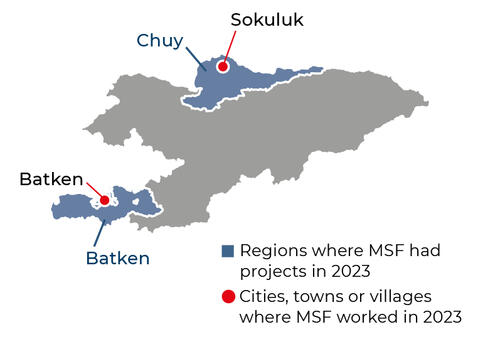

6,010
6,01
3,670
3,67
510
51
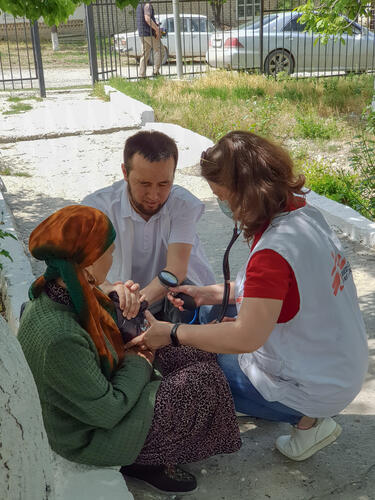
Kyrgyzstan border clashes leave thousands in shock and homeless
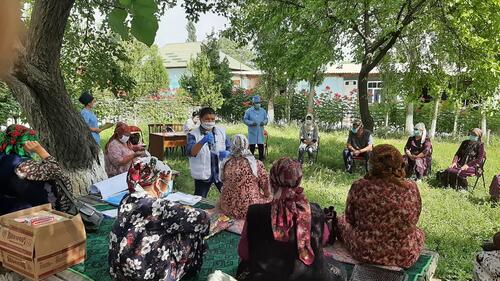
In remote Kyrgyzstan, COVID-19 puts a strain on the health system
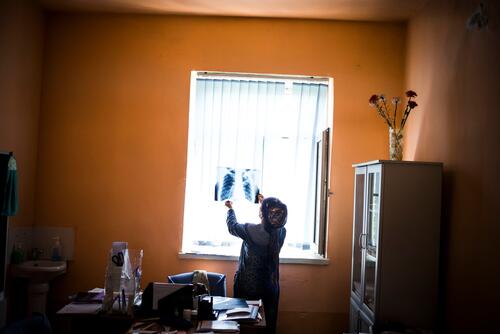
Video innovation helps TB patients comply with their treatment
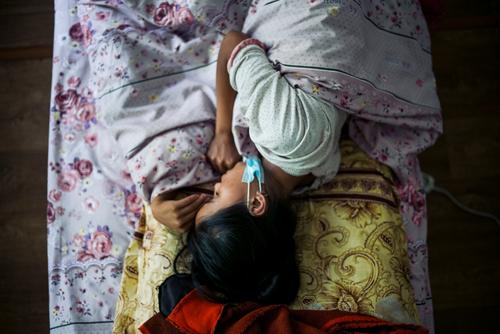
Experts to tackle the deadly threat of TB in Eastern Europe and Central Asia Symposium
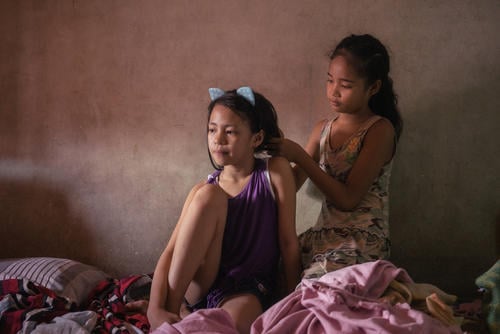
A year in pictures 2017




